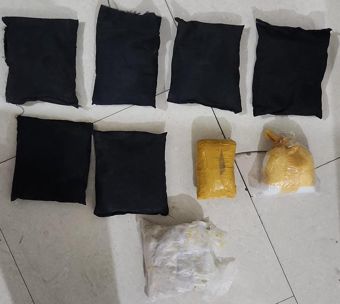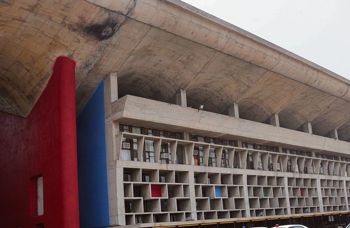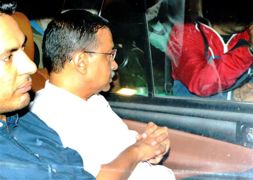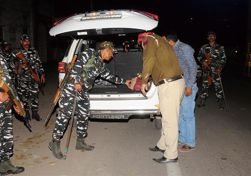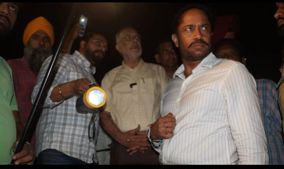THE Supreme Court of India finds itself having to confront the consequences of its own ruling on defamation. In May earlier this year the apex court had upheld the existing defamation law as a necessary instrument to protect an individual’s reputation against scurrilous attacks. “Reputation of one cannot be allowed to be crucified at the altar of the other's right to free speech,” the court had formulated. Reputation of a person was deemed to be central to the right to life, guaranteed under Article 21 in the Constitution. It was a balancing act, delicately performed.
The ideal and desirable balance, however, is never easily arrived at. This week the court found itself having to take cognizance of the misuse of the defamation law in Tamil Nadu, where an opposition leader, Vijayakanth, had got slapped with a notice and served with a non-bailable warrant for daring to criticise the Jayalalithaa government. The court was constrained to declare that the “defamation law cannot be used as a political weapon.”
But that precisely has been happening. On Friday the Chief Minister of Delhi, Arvind Kejriwal, was in Amritsar having to put in an appearance in a court, seeking bail in a case brought against him by a Punjab Cabinet minister, Bikram Singh Majithia. The Delhi Chief Minister is not without legal and financial resources to defend himself; but other democratic groups and individuals may not be all that well endowed. Sections 499 and 500 of the Indian Penal Code, as they stand, bestow an unfair advantage on the rich and the powerful who can threaten to shut down inconvenient criticism through the mechanism of ruinous litigation. In Punjab and Haryana political leaders regularly resort to sending ‘legal notices’ to newspapers. The defamation law has become an instrument of intimidation and coercion. While big news organisations do have the financial resources to defend themselves against such tactics, the voice of the district and local level newspapers often gets throttled. The democratic expectation can only be that while disposing of the Jayalalithaa-Vijayakanth matter, the apex court will restore the balance in favour of democratic dissent and criticism.





















